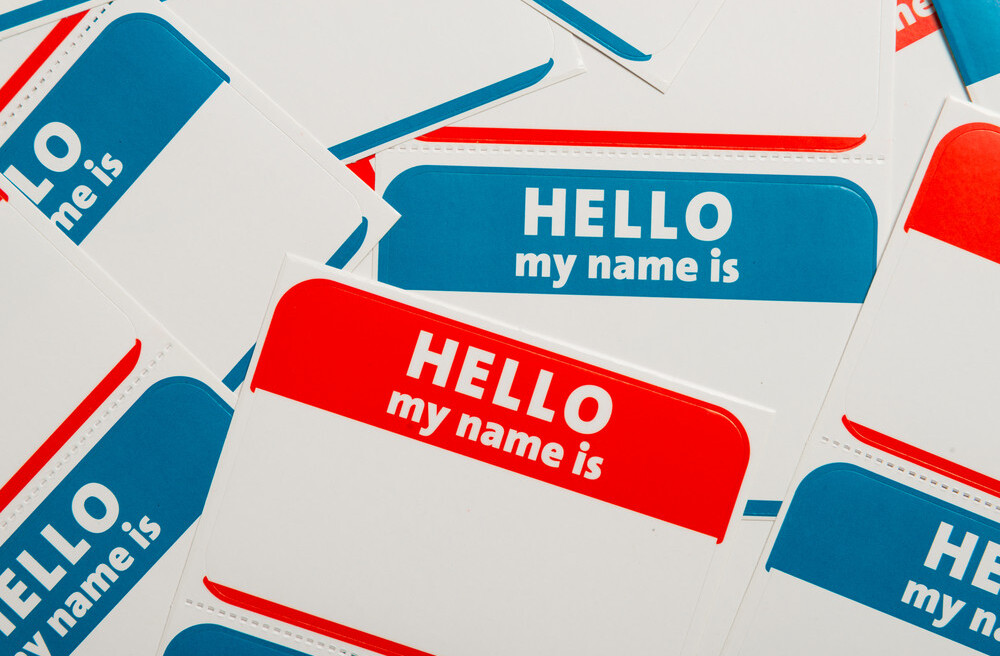
What does it mean to have the best price for your product when the differences are negligible?
Location is no longer important; you can ship almost any product to every corner of the world.
Your competitors are marketing, advertising and networking right alongside you. So the million-dollar question is… what makes you different?
Everything is personal
The way I see it, there is one thing that makes Amazon, Netflix and Facebook strong – they know me better than some of my friends, and I bet you as well.

They win me over by giving me exactly what I need. By making my experience personal. They base their business models on experiences that are exceptional in their intuitiveness and custom feel. Yes, I know it’s all data, no intuition.
There is a lot of talk of crafting personal experiences for your users, and I think most of them are missing the ball completely.
Personalization wasn’t supposed to be a cleverly veiled way to chase prospects around the web, showing them the same spammy ad for the same lame stuff as everyone else sees. No, it is a chance to differentiate at a human scale, to use behavior as the most important clue about what people want and more important, what they need. – Seth Godin, marketing guru, author and entrepreneur
Personalization is more than addressing your customer by name. Personalization is more than your email automation flow. And it’s definitely more than knowing the gender and age of your customer.
Personalization is about understanding what your customer needs and wants, and customizing your future interactions based on that insight. In a completely natural and non-stalkerish way, of course.
Personalization is when GoodReads offers me pretty darn good books suggestions based on my previous likes. When Pottermore sorts me into a Hogwarts house and gives me my own magical wand. When PayPal gives me a link that is uniquely mine that I can use to manage and transfer my funds.

You’ve got the power
All of these businesses are using data that is available to them to direct their approach to me as their user. And it works. By providing content and product recommendations that are more aligned with user’s interest, you focus your marketing efforts thus increasing user retention and conversion rates.
In fact, Wharton researchers found that more than 60 percent of Netflix’s rentals stem from recommendations, while 35 percent of Amazon’s sales originate from systems that suggest products an individual consumer might like.
Ironically, using big data and high-level technological solutions to personalize experiences helped us replicate human-to-human interactions we enjoy in the real world.
We have an online version of our dear community librarian that knows our interests by heart, and always lets us know when there are new SF titles we would be interested in. Even though we know there is an algorithm on the other side, we still get a feeling that someone cares, and we appreciate it.
My own place under the online sun
Companies like Facebook and PayPal are taking it a step further – by opening up sections of their platforms that are uniquely ours.
With M.Me Messenger links, Facebook wants to make Messenger our default point of contact with the world. And the world, with world’s best airlines offering us custom e-tickets and media outlets sending us daily alerts based on our interests, is catching on. They even say the messaging bots are the call center of the future.
On the other hand, in an effort to deliver blows to Google Wallet and Apple Pay, PayPal allowed users to request payments and get paid using a customized URL in the form of PayPal.Me/x, x being your chosen user name. The feature exploded so quickly, there are records of name squatting already.

You can guess whose names were taken among the first. Hint: It has something to do with US presidential elections.
Another thing these two services have in common? They both optioned for using domain name, one that is consider the go-to personal domain, to emphasize the personal nature of their services.
What is your game?
Digital revolution brought sophisticated business models that broke the mold. More challenging, the mold does not get to set before it gets broken again, but it all points to personalization being the name of the game. And it’s up to you whether you are going to play or not.
Get the TNW newsletter
Get the most important tech news in your inbox each week.




